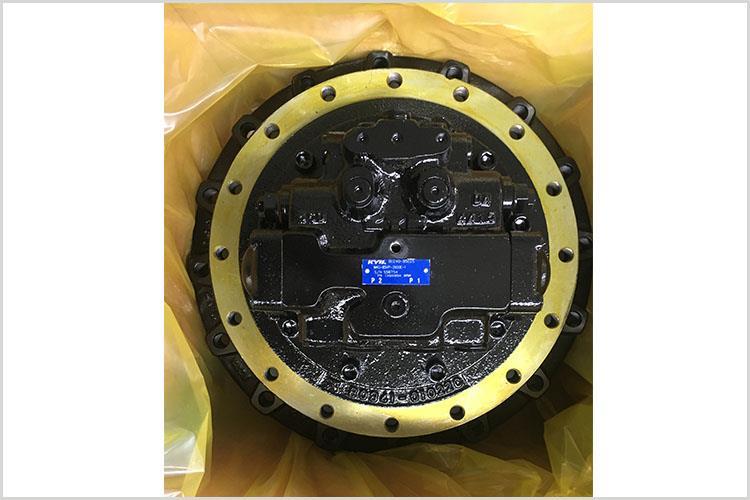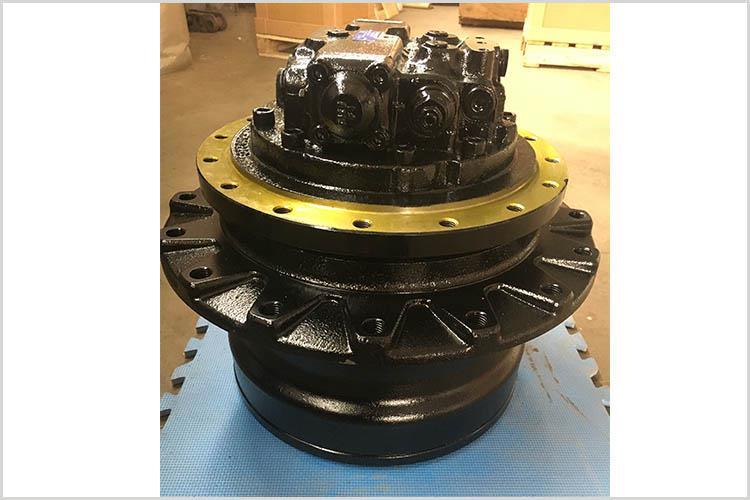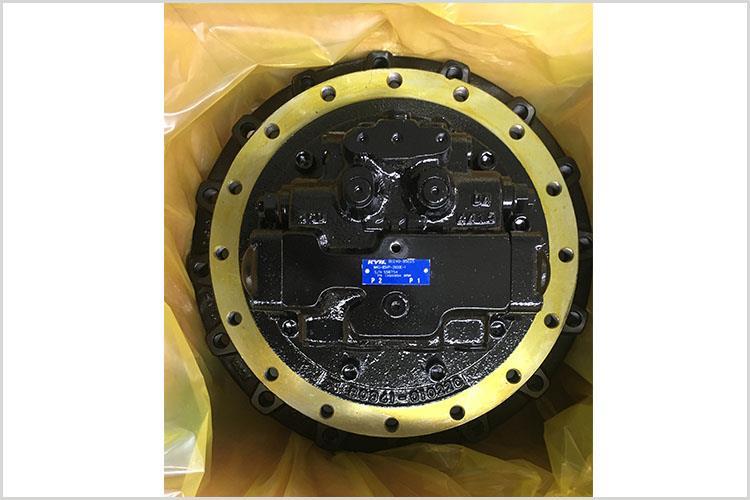Digging Machine Notes: 8 Notices for Walking Operation
Walking operation is one of the important operations of crawler excavator. Unlike automobiles, excavators do not mainly run on the road. It is very harmful to the crawler when they walk for a long time. What should excavators pay attention to in the process of walking? How can the damage of excavators be reduced to a very low level?

1. Before walking, we need to first ensure safety, carefully observe the surrounding environment, see if there are any big obstacles on the road, and other people besides the operator need to stay away from the excavator to avoid injury.
2. To confirm the direction of the excavator's walking track, the direction of the guide wheel should be in front, the direction of the guide wheel should be in front, and the pedal should be pushed forward. The driving wheel is in the rear direction and the pedal is in the pull direction.
3. After the preparation work is finished, the driver needs to lift the bucket, remember to press the horn before walking, and then carry out the walking operation.

4. It is necessary to control the walking speed of excavators. High speed can be chosen when walking on flat ground, but not too fast. When walking up and down the slope, low speed should be chosen. Obstacles such as rocks on the slope should be paid attention to.
5. We need to walk on the flat ground. If we encounter complex terrain, we need someone to command on the side to avoid damage to the track caused by mud, sand and rock, which will affect the service life of the excavator.
6. Special attention should be paid to the observation of topographic environment and the need to keep straight line when the excavator is walking on the ramp. The correct way of walking on the slope is that the bucket is 20-30 cm away from the ground. If the excavator slips, the bucket should be lowered to ensure safety.

7. When backing up the excavator, someone should direct it, pay attention to the blind area behind the excavator, and reserve a large space behind the excavator.
8. Then it is important to remember that dangerous areas cannot be traveled. For example, excavators should avoid wading because underwater conditions are uncertain.

